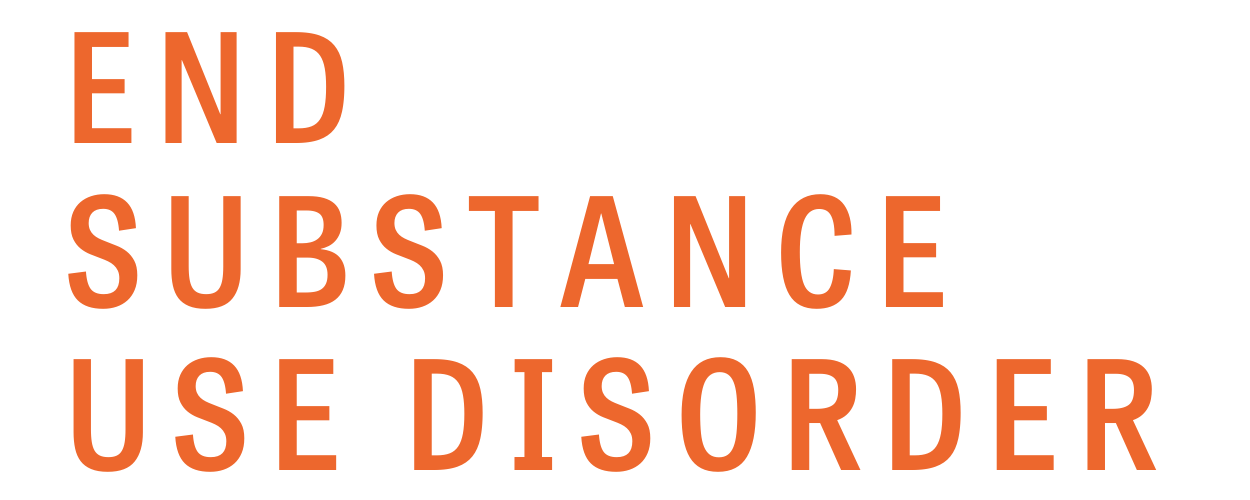End Substance Use Disorder Supports Action by Biden-Harris Administration to Expand Access to Methadone
Today, the Biden-Harris Administration announced an executive action to expand access to methadone, one of the gold standards of care for opioid use disorder. The Drug Enforcement Administration relaxed rules to allow for mobile methadone clinics to reach rural communities and under-served neighborhoods that lack access to this essential medication.
“Whether we live in rural communities or cities, we should all have equal access to safe and effective medical treatment,” said Erin Schanning, president of End Substance Use Disorder. “Opioid use disorder is a medical condition that can be successfully treated with the help of proven medications like methadone. Today’s actions by the Biden-Harris Administration to expand access to methadone are progress towards making this medication available without barriers to all in need.”
Methadone is one of the most effective treatments for opioid use disorder. The medication dramatically reduces the risk of overdose and helps people with opioid use disorder recover by preventing painful withdrawal symptoms. While all doctors can prescribe methadone for pain, the use of methadone to treat opioid use disorder is available only through highly regulated clinics. As a result, many patients cannot access or stay on methadone due to the regulatory restrictions of these clinics, which mandate daily visits at locations that can be hours from a person’s home.
The Drug Enforcement Agency today eased long-standing restrictions that had banned opioid treatment programs from providing methadone through mobile clinics. The rule change allows these programs to add a mobile clinic to their services under their current DEA license. In addition to reaching rural and underserved communities, the new regulations will also expand access to methadone in correctional facilities so justice-involved populations can receive treatment.
The Biden-Harris Administration took similar actions in April to expand access to buprenorphine, a life-saving recovery medication. These steps come amid a dire overdose crisis that has accelerated to historic levels. According to the Centers for Disease Control, in the twelve months leading up to November 2020, more than 92,000 people died from overdoses - the largest number ever recorded.
